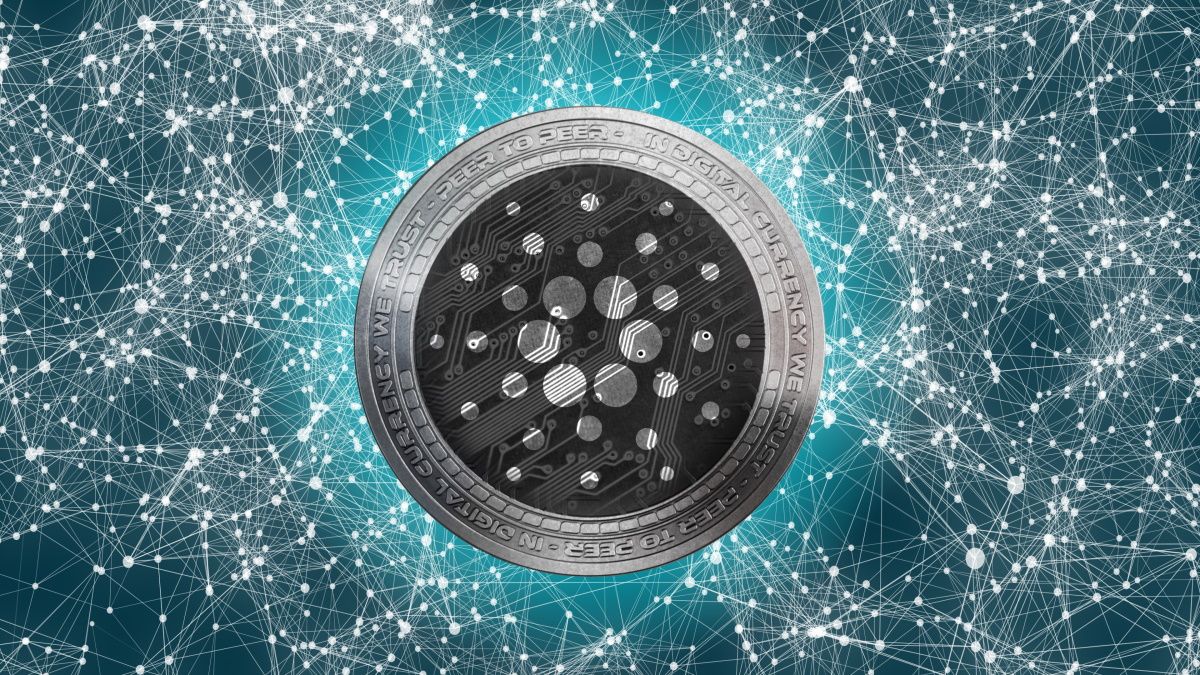One of the most popular smart contract blockchains will be receiving a much-needed upgrade. In early June 2022, Cardano's founder, Charles Hoskinson, announced that the Cardano blockchain will undergo an upgrade dubbed the Vasil hard fork by late June 2022. Here's what that means
Cardano's DeFi Ecosystem is Growing
The upgrade is a welcome sign for developers and investors of Cardano. Despite being created nearly five years ago, Cardano only integrated blockchains back in September 2021. For Cardano to meet another milestone so quickly is promising.
Since integrating smart contracts, Cardano has seen explosive growth in activity on the blockchain. Developers rely on smart contracts to create decentralized applications like DEXs, NFTs, or other yield farming platforms. Known as dApps, Cardano's ecosystem has become home to a number of decentralized applications that support a broad range of functions.
These new dApps have brought new users and developers on to the blockchain. Before smart contracts, Cardano couldn't be used for many practical DeFi uses.
Scaling Solutions Needed
Now that Cardano has added smart contracts there is congestion and traffic on its blockchain. As blockchains get busier, speeds typically slow down and fees increase.
This is one of the main problems that one of Cardano's rivals, Ethereum, has faced recently. Because Ethereum is used by so many people, fees have increased considerably and transaction speeds have slowed down.
The new Vasil hard fork is Cardano's attempt to stay ahead of the curve and try to mitigate the increased congestion before it becomes too much of a problem. In order to do this, Cardano will start using a solution called diffusion pipelining.
Before diffusion pipelining, the block verification process required specific steps to be accomplished by validators in a particular order. Because Cardano uses a Proof-of-Stake consensus mechanism, validators must be in agreement on all transactions in a block before it can be added to a block of data.
Until diffusion pipelining, each of these steps would have to be completed in their entirety before the block moved to the next validator. Now validators will essentially be able to work ahead.
This process will increase transaction speeds and when speeds are fast on a blockchain, fees are low. Something developers and users both appreciate.
Along with diffusion pipelining, there are a series of other upgrades that will increase smart contract functionality. Flexible, robust smart contracts are the backbone for new dApps. These upgrades will allow developers to build innovative and creative DeFi solutions in Cardano's ecosystem.
The Road Ahead
The Vasil hard fork is certainly a milestone in Cardano's history. Smart contracts were only introduced in September 2021. Now Cardano developers have followed up with the second most important upgrade to the network in June 2022.
The introduction of diffusion pipelining and other smart contract upgrades will likely continue to attract DeFi developers and users. As Cardano continues to scale, another upgrade will likely be needed. Only time will tell if Cardano will be able to keep pace.

